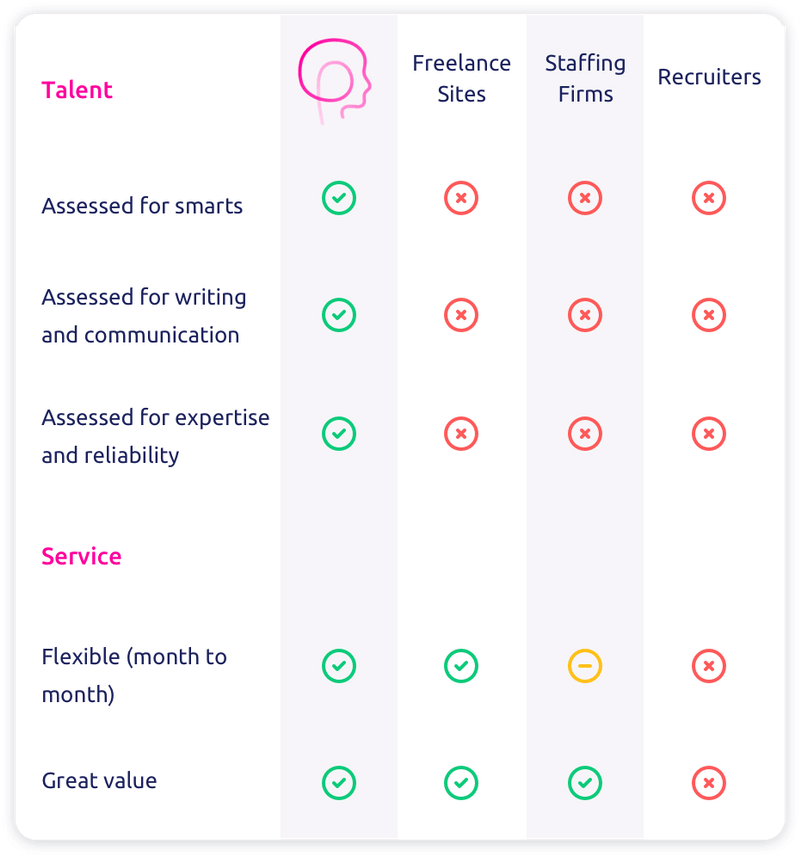What are Labor Relations?
Labor Relations refer to the interactions between employers and employees, particularly in the context of unionized workplaces. It involves the negotiation and administration of collective bargaining agreements, which are contracts between the union and the employer that govern the terms and conditions of employment.
These agreements typically cover issues such as wages, hours of work, benefits, job security, and grievance procedures. Labor Relations also involve the resolution of disputes between the union and the employer, such as grievances or strikes.
In the context of context, Labor Relations may be influenced by factors such as the legal framework in which they operate, the history of labor relations in a particular industry or region, and the economic and political climate.
Why are labor relations important?
Labor relations are important because they govern the relationship between employers and employees. They help to ensure fair treatment, wages, and working conditions for employees, while also allowing employers to operate their businesses effectively. Strong labor relations can lead to increased productivity, higher job satisfaction, and a more stable workforce.
What are some common labor relations issues?
Some common labor relations issues include disputes over wages, benefits, and working conditions, as well as disagreements over job security and the right to unionize. Other issues may include discrimination, harassment, and retaliation in the workplace.
Labor Relations Dos And Donts
Dos
- Establish clear and fair employment policies and practices.
- Communicate effectively with employees regarding their rights and responsibilities.
- Create a positive work environment that fosters open communication and collaboration.
- Provide opportunities for employee feedback and input on workplace issues.
- Train managers and supervisors on labor laws and best practices for handling employee relations.
Donts
- Engage in discriminatory practices or behaviors.
- Retaliate against employees for engaging in protected activities, such as forming a union or filing a complaint.
- Interfere with employees’ right to engage in union activities or collective bargaining.
- Fail to provide reasonable accommodations for employees with disabilities.
- Violate employees’ rights to privacy or confidentiality.

